- Home›
- Healthy Living›
- 10 Effective Home Remedies To Treat Teeth Sensitivity
10 Effective Home Remedies To Treat Teeth Sensitivity
By: Priyanka Maheshwari Sat, 09 Sept 2023 09:10:21
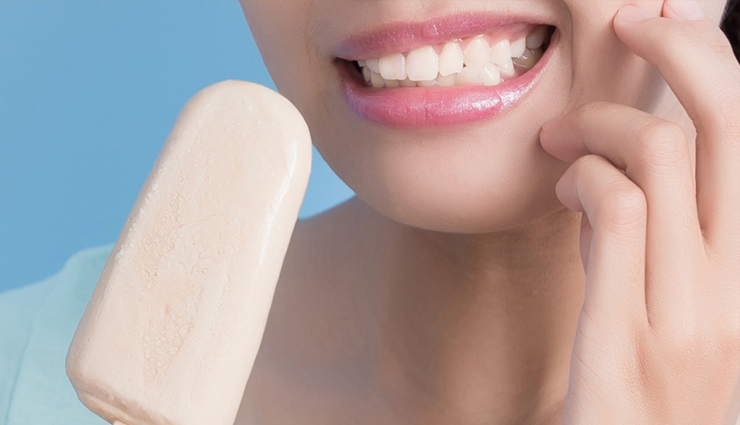
A simple sip of hot tea or a bite into an icy treat should be a delightful experience, but for those who suffer from teeth sensitivity, it often becomes an excruciating ordeal. Teeth sensitivity, or dentin hypersensitivity, is a common dental ailment that affects millions worldwide. It manifests as a sharp, piercing pain that can occur when enjoying everyday pleasures like a cold drink or a sweet dessert.
The root cause of teeth sensitivity lies in the exposure of dentin, the layer beneath our tooth enamel, which houses microscopic tubules that connect to the nerves inside our teeth. When the enamel wears thin, dentin becomes vulnerable to external stimuli, causing discomfort. However, there's hope on the horizon. In this guide, we will explore a treasure trove of effective home remedies that can provide relief from teeth sensitivity, allowing you to savor life's little joys without wincing in pain. From ancient remedies passed down through generations to modern tricks backed by science, these remedies offer a ray of hope for those seeking respite from this common dental woe. Say goodbye to sensitivity and hello to a more enjoyable, pain-free dental experience.
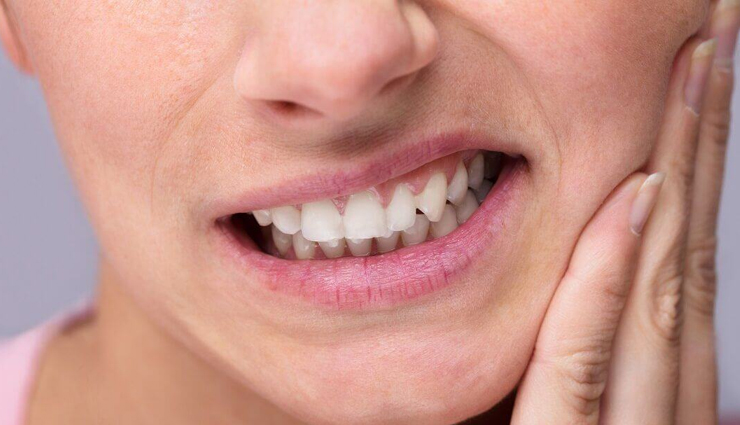
What is Teeth Sensitivity?
Teeth sensitivity, also known as dentin hypersensitivity or sensitive teeth, is a dental condition characterized by discomfort or pain in response to certain stimuli. People with sensitive teeth often experience sharp, sudden, or mild pain when their teeth are exposed to triggers such as:
Hot and Cold Temperatures: Sensitivity to hot or cold foods and beverages is a common symptom. Drinking a hot cup of coffee or biting into an ice cream cone can trigger discomfort.
Sweet Foods: Consuming sugary foods and drinks can lead to sensitivity in some individuals.
Acidic Foods and Beverages: Foods and drinks with high acidity, such as citrus fruits, tomatoes, and certain sodas, can exacerbate sensitivity.
Cold Air: Breathing in cold air, especially during winter, can cause discomfort for people with sensitive teeth.
Touch and Pressure: Sensitive teeth may react to gentle brushing or pressure during dental cleanings, which can make oral care challenging.
The underlying cause of teeth sensitivity is often the exposure of dentin, the layer of the tooth located beneath the enamel and cementum. Dentin contains microscopic tubules that connect to the nerves in the pulp of the tooth. When the enamel (the outer protective layer of the tooth) is compromised or worn down, or when the gums recede, the dentin becomes exposed. This exposure allows external stimuli to reach the nerve endings within the tooth, leading to the sensation of pain or discomfort.
Common causes of teeth sensitivity include:
Tooth decay (cavities)
Gum recession
Enamel erosion from acidic foods and drinks
Aggressive tooth brushing or using a hard-bristle toothbrush
Teeth grinding (bruxism)
Cracked or fractured teeth
Dental procedures (e.g., fillings, crowns, root canals)
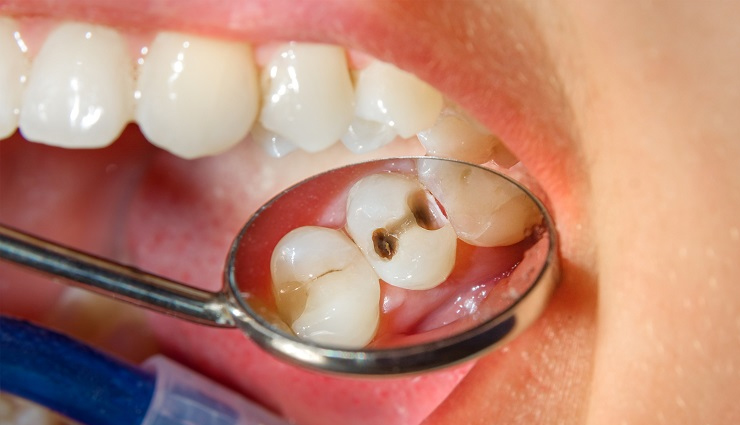
Why Are My Teeth So Sensitive?
Several factors can contribute to teeth sensitivity, and understanding these causes can help in addressing the issue effectively. Here are some of the most common reasons why your teeth may be sensitive:
Exposed Dentin: Dentin is the layer of the tooth located beneath the enamel and cementum. When the protective outer layers of enamel and cementum wear away or become damaged, the dentin can become exposed. Dentin contains tiny tubules that connect to the nerves in the pulp of your tooth, making it sensitive to various stimuli.
Tooth Decay: Cavities or dental caries can lead to the erosion of tooth enamel and the exposure of dentin. Decay-causing bacteria produce acids that weaken the enamel and create holes in the tooth's surface.
Gum Recession: Receding gums can expose the sensitive roots of your teeth. This can occur due to factors like gum disease (gingivitis or periodontitis), aggressive tooth brushing, or teeth grinding (bruxism).
Enamel Erosion: Acidic foods and beverages, such as citrus fruits, soda, and certain sports drinks, can erode tooth enamel over time. Additionally, brushing your teeth too vigorously or using a hard-bristle toothbrush can contribute to enamel wear.
Tooth Grinding (Bruxism): Grinding or clenching your teeth, often during sleep, can put excessive pressure on your teeth, leading to enamel wear and dentin exposure. This can result in tooth sensitivity.
Tooth Whitening: Some teeth whitening products, particularly those with high concentrations of bleaching agents, can temporarily increase tooth sensitivity. This sensitivity usually subsides after treatment.
Cracked Teeth: Cracks or fractures in your teeth can expose the dentin and cause sensitivity. These cracks can result from various factors, including injury, chewing hard objects, or teeth grinding.
Dental Procedures: Teeth may become temporarily sensitive after dental procedures like fillings, crown placements, or root canals. This sensitivity typically resolves on its own.
Age: As you age, the enamel on your teeth naturally wears down, making them more susceptible to sensitivity.
Medical Conditions: Certain medical conditions like acid reflux (GERD) or eating disorders that involve frequent vomiting can introduce stomach acid into the mouth, leading to enamel erosion and sensitivity.
Home Remedies to Treat Teeth Sensitivity
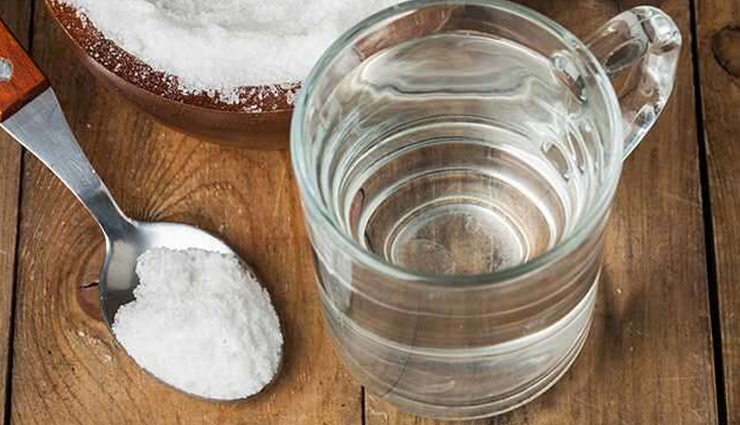
# Saltwater Rinse
A simple saltwater rinse can help reduce tooth sensitivity. Mix half a teaspoon of salt in a glass of warm water and use it as a mouthwash. Swish the solution around your mouth for 30 seconds before spitting it out. Repeat this remedy twice a day.
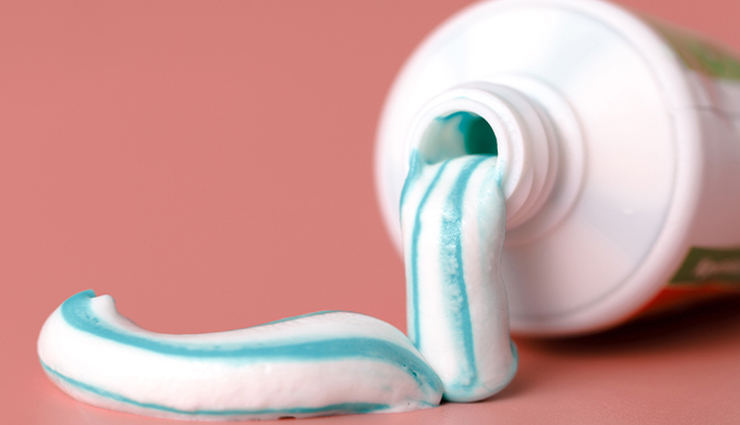
# Desensitizing Toothpaste
Choose a toothpaste specifically designed for sensitive teeth. These toothpaste options contain ingredients that can help block pain signals from reaching your nerves.

# Coconut Oil Pulling
Coconut oil is known for its antibacterial properties. Swishing a tablespoon of coconut oil in your mouth for 15-20 minutes daily can reduce sensitivity and promote overall oral health.

# Green Tea Mouthwash
Green tea has natural anti-inflammatory and desensitizing properties. Rinse your mouth with a strong brew of green tea (cooled down) to soothe sensitive teeth.
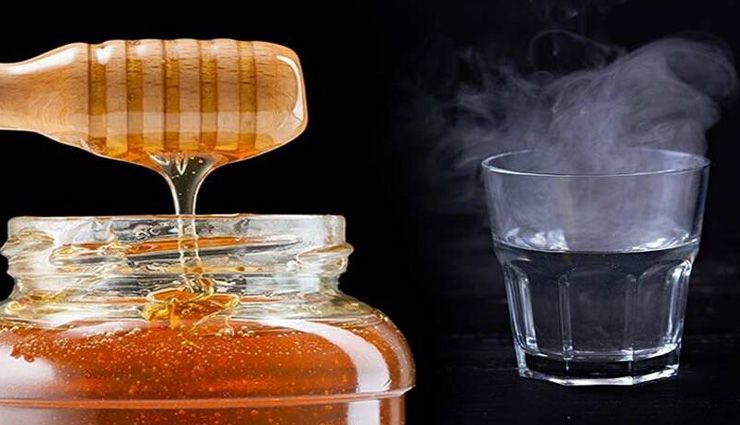
# Honey and Warm Water
A mixture of honey and warm water can provide relief. Mix one tablespoon of honey in a cup of warm water and use it as a mouthwash. The antibacterial properties of honey can help combat tooth sensitivity.
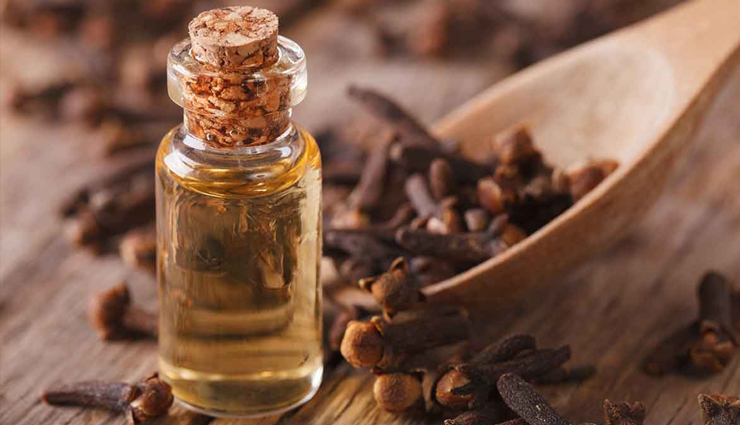
# Clove Oil
Clove oil contains eugenol, a natural anesthetic. Apply a few drops of diluted clove oil (mix with a carrier oil like olive oil) to the affected area using a cotton ball. It can help numb the pain temporarily.
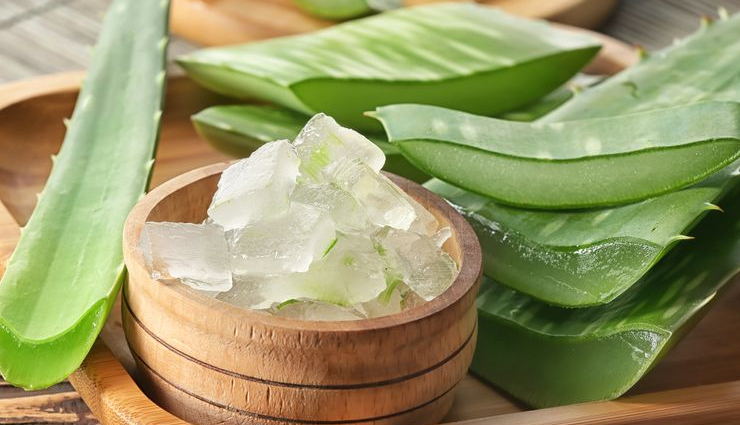
# Aloe Vera Gel
Aloe vera is known for its anti-inflammatory and soothing properties. Apply a small amount of aloe vera gel to the sensitive area for relief.

# Guava Leaves
Chewing on fresh guava leaves or using them to make a natural mouthwash can help reduce sensitivity. Guava leaves have compounds that can alleviate pain and discomfort.
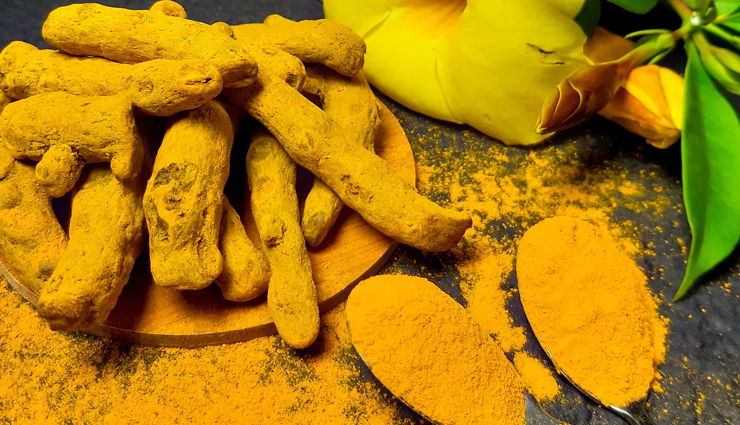
# Turmeric Paste
Turmeric is a natural anti-inflammatory agent. Make a paste by mixing turmeric powder with water and apply it to the sensitive teeth for a few minutes before rinsing. Be cautious, as turmeric can stain your teeth temporarily.

# Maintain Good Oral Hygiene
Prevention is the best cure. Ensure you follow a strict oral hygiene routine by brushing and flossing regularly. Use a soft-bristle toothbrush and gentle brushing techniques to avoid further enamel erosion.





